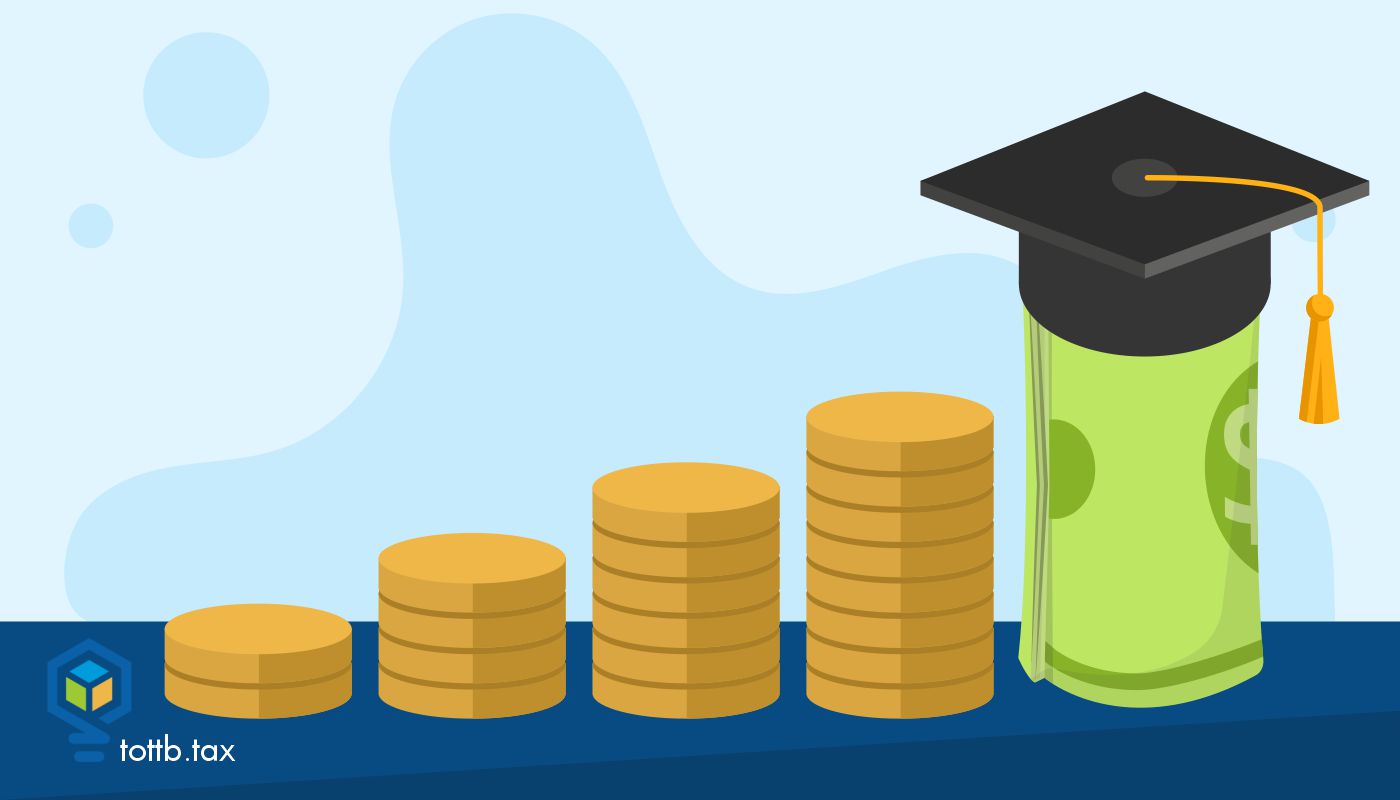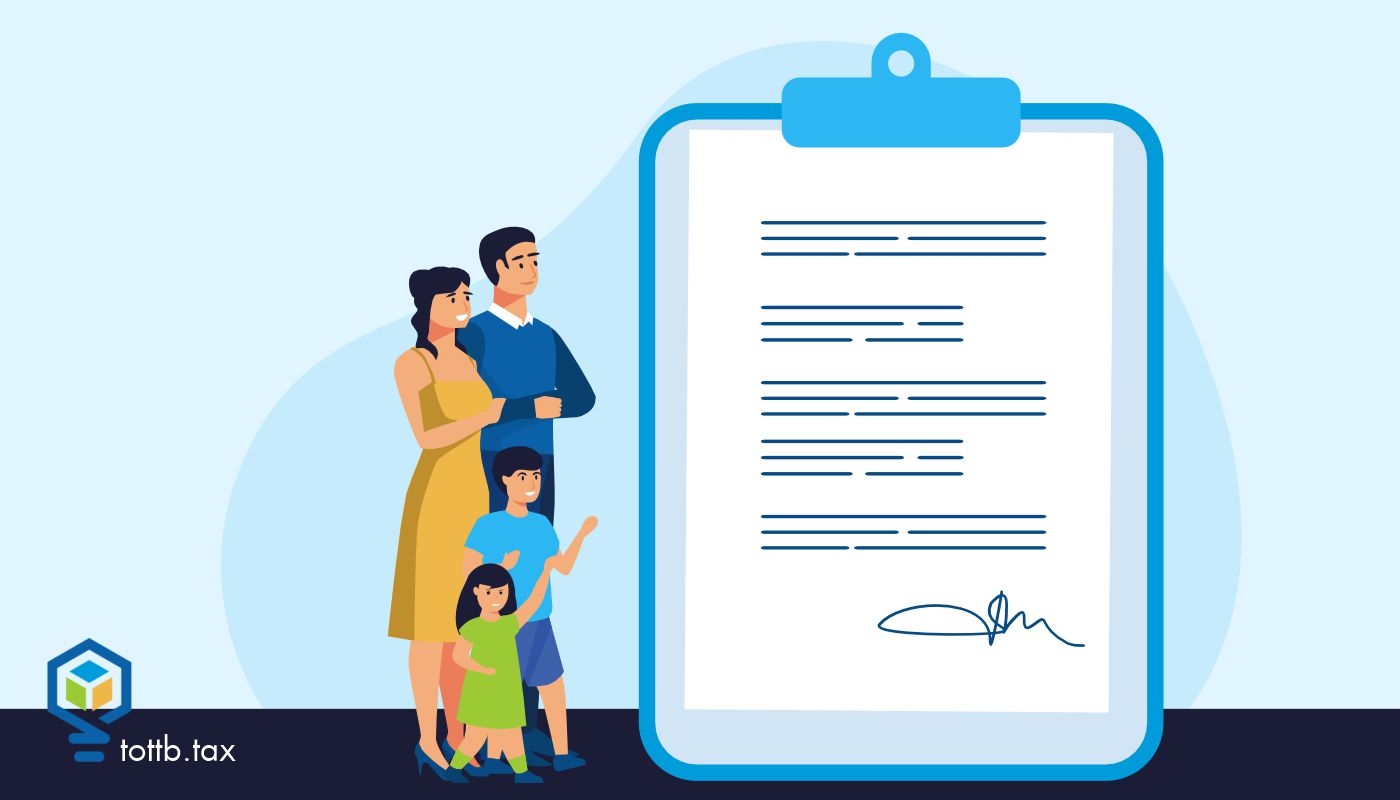When people reach out to me about reducing their tax bill, there are two things that they bring up. The first is starting an LLC, and the second is converting their business to an S-Corp. When I ask why they think an S-Corp will help, the common knee jerk reaction response is to eliminate self-employment tax. It is true that their net income will no longer be subject to self-
employment tax and neither will their distributions. However, what they fail to learn in their S-Corp online class from YouTube university is that they need to be on payroll if they are working in the business. Not only that, but they also need to receive reasonable compensation while on payroll. So, what happens if they go a year or two without being on payroll before they find this out? The TFRP is the biggest ouch a business owner can face and threatens to close businesses each year. It's the penalty that business owners pay for stealing from their employees and the IRS. To better understand it, let's look at what the trust fund is, how the IRS calculates the penalty, and who is responsible.

An Analysis of the OBBBA’s Trump Accounts (Part 2)
In part one of this series, I went over the basics of the new retirement accounts for minors, Trump Accounts, which were created as part of the One Big Beautiful Bill Act (OBBBA). Trump Accounts allow the Government, Charitable Organizations, Parents, and others to contribute to a child’s savings, usually on an after-tax basis. These accounts then transition to a traditional individual retirement account (IRA) when the child turns 18. Although the contribution limits act like non-deductible traditional IRA contributions and have a contribution limit of only $5,000 per year, they do not have the same earned income requirements that traditional IRA contributions have. This means that children are able to accumulate savings even without earned income. This article presents several scenarios to examine how Trump Accounts may play into an overall savings strategy for children.






